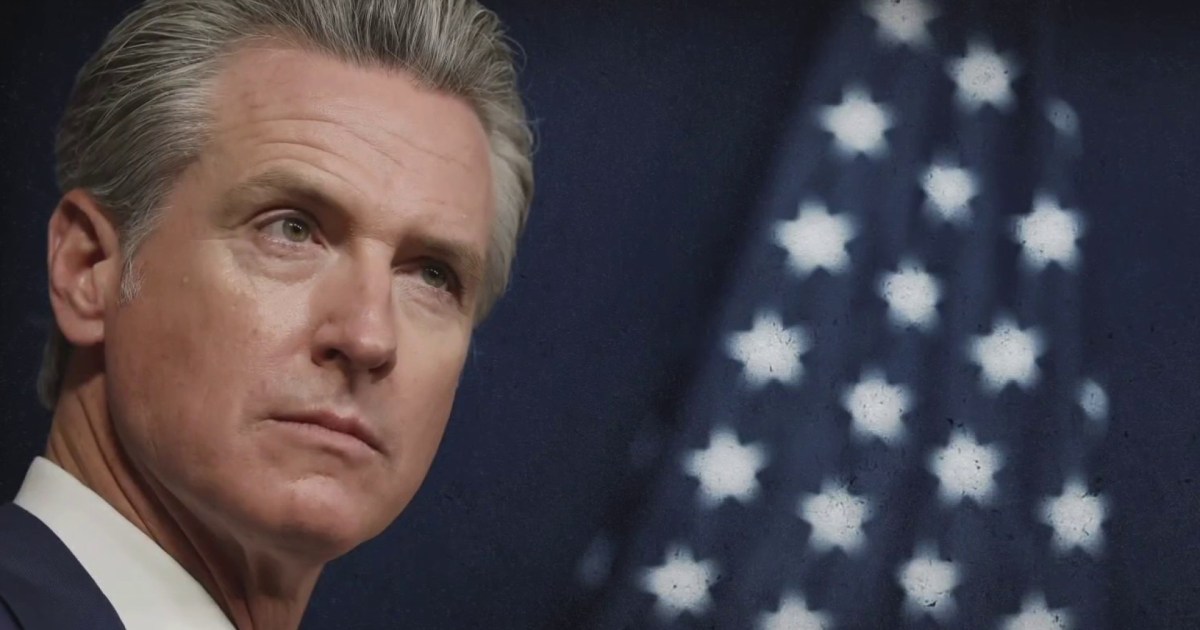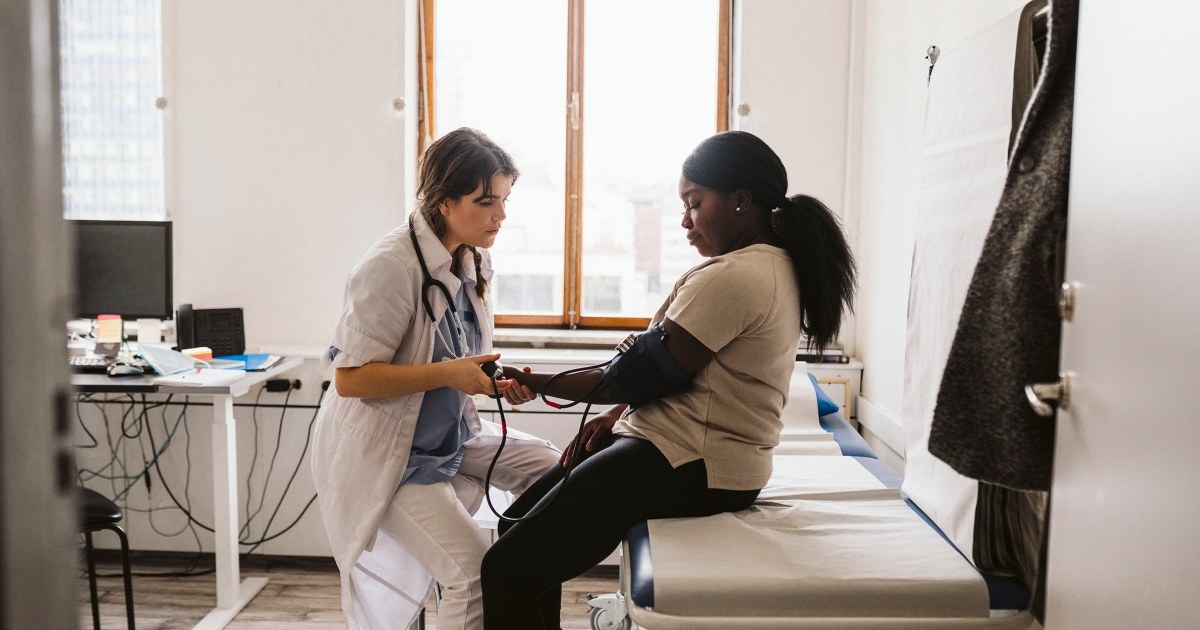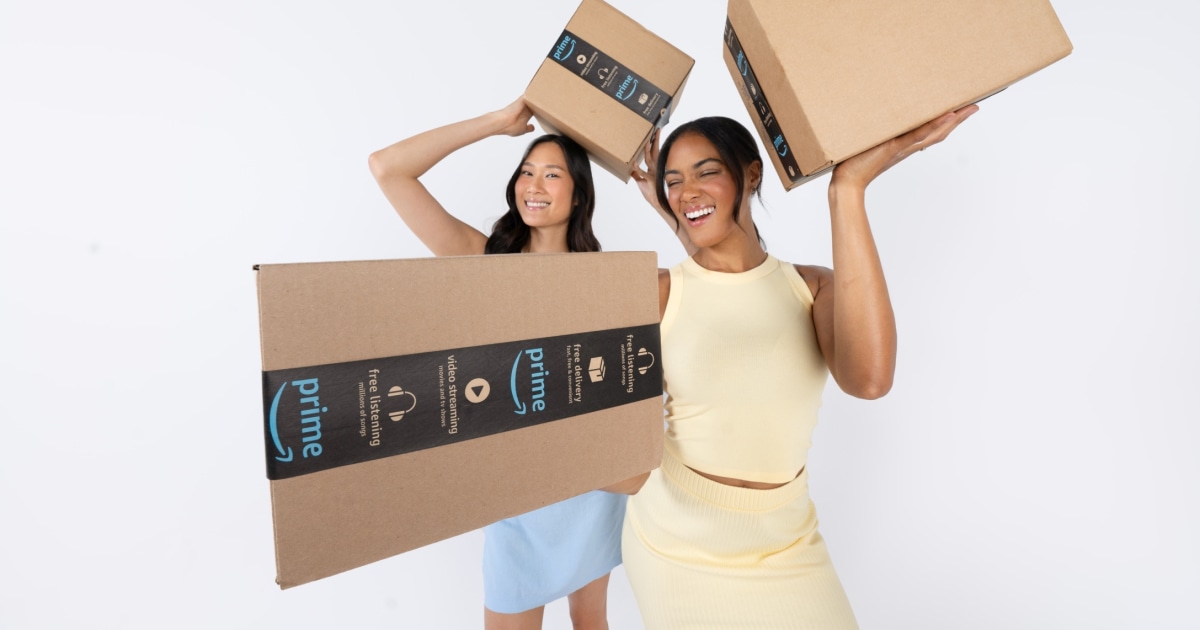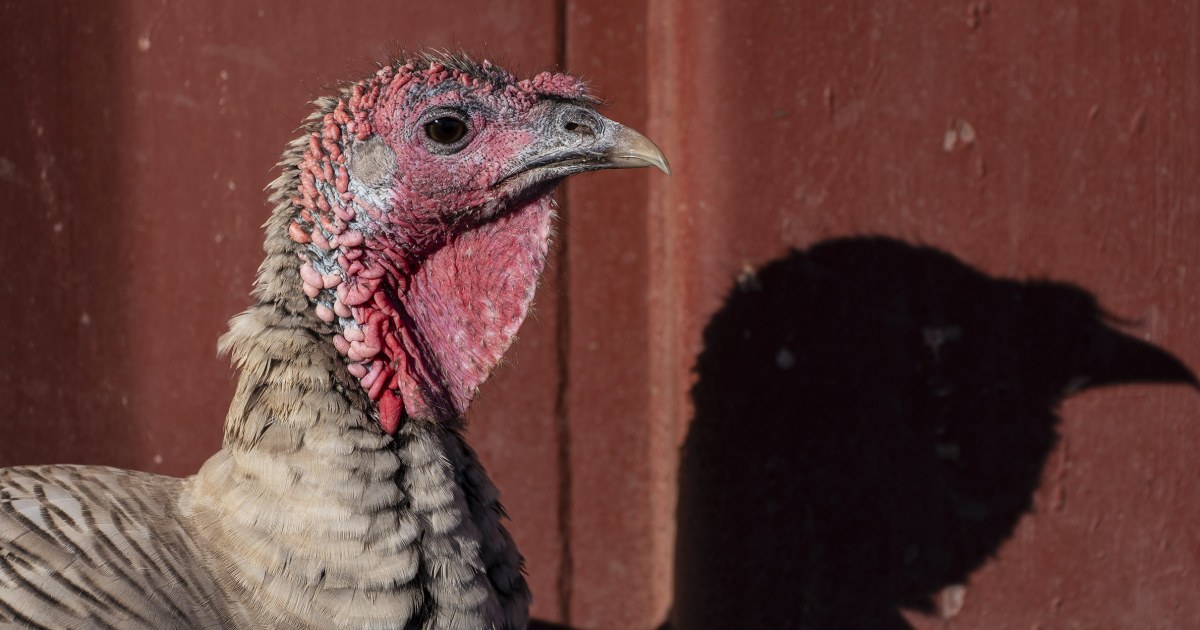California Governor Gavin Newsom said on Sunday that the state is suing President Trump over the deployment of hundreds of California National Guard troops to Oregon. It comes as the president vows to send troops to Chicago and Portland in response to protests against immigration raids. NBC News’ Maggie Vespa reports.
Source link
California sues Trump admin. over National Guard deployment




